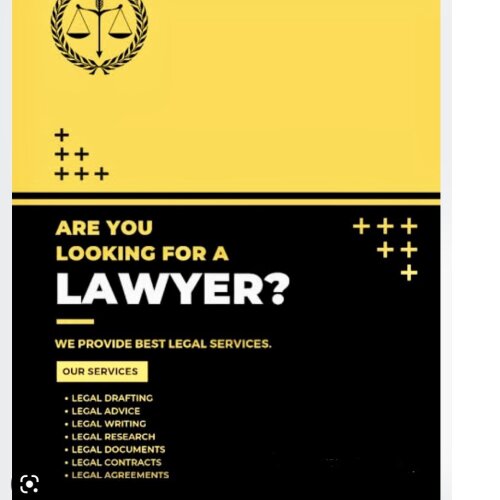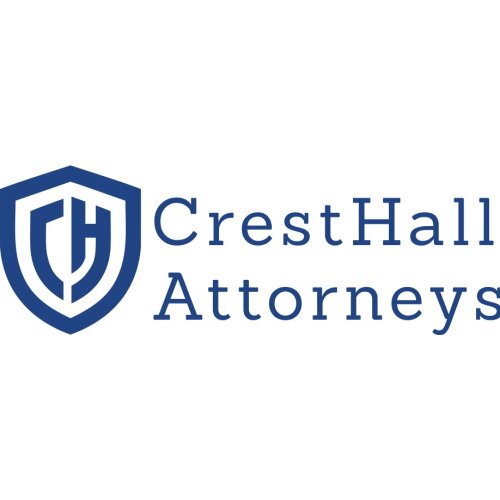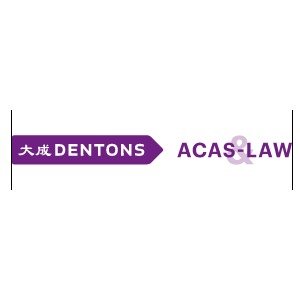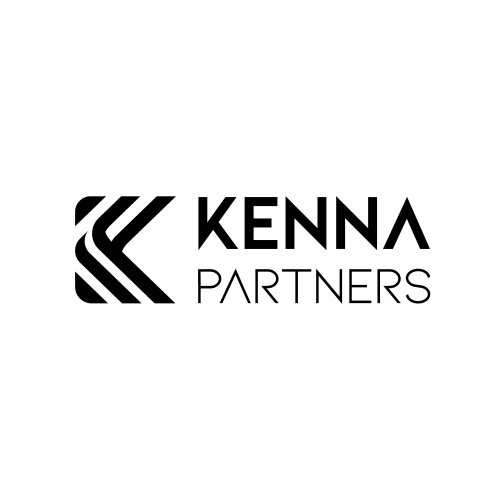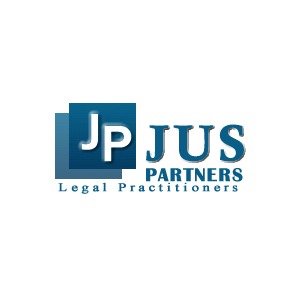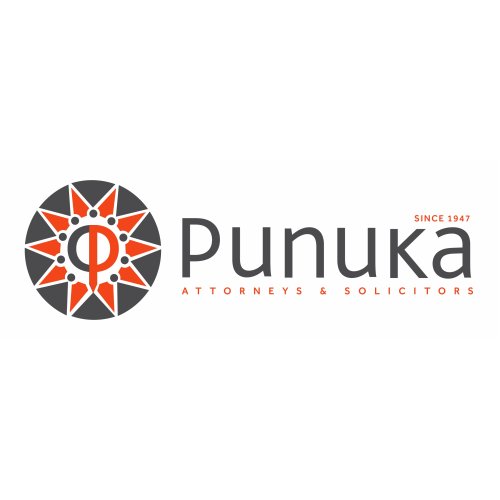Best E-commerce & Internet Law Lawyers in Lagos
Share your needs with us, get contacted by law firms.
Free. Takes 2 min.
List of the best lawyers in Lagos, Nigeria
Legal guides written by Adeola Oyinlade & Co:
- Procedure and Requirements for Work Permit and Visas in Nigeria
- The Step-By-Step Procedure of How to Apply for Microfinance Bank License Online in Nigeria
- How to Ensure the Smooth Recognition and Enforcement of Foreign Judgments in Nigeria
About E-commerce & Internet Law in Lagos, Nigeria
E-commerce and Internet Law in Lagos, Nigeria, governs the conduct of digital business activities and the legal challenges associated with the internet. This sphere of law covers a wide array of issues, including online privacy, cybersecurity, intellectual property, electronic contracts, and user rights. As Lagos is a major hub for commerce in Nigeria, the growth of e-commerce presents significant opportunities and challenges, necessitating robust legal frameworks to manage and oversee online transactions and interactions.
Why You May Need a Lawyer
There are various situations in the realm of e-commerce and internet law where legal expertise may be necessary:
- Contract Disputes: If you face conflicts regarding electronic contracts or terms of service with suppliers or customers.
- Intellectual Property Issues: Protection of trademarks or copyrights for digital content or products.
- Privacy Concerns: Handling matters related to data protection and compliance with Nigeria's data privacy regulations.
- Cybersecurity Breaches: Addressing issues arising from data breaches or online fraud.
- Regulatory Compliance: Ensuring that your e-commerce operations comply with Nigerian laws and international guidelines.
Local Laws Overview
The following laws and regulations are particularly relevant to e-commerce and internet law in Lagos, Nigeria:
- Cybercrimes (Prohibition, Prevention, Etc.) Act, 2015: This Act provides the legal framework for preventing and addressing cybercrimes and ensuring cybersecurity.
- Nigerian Data Protection Regulation (NDPR): Overseen by the NITDA, this regulation sets guidelines for data protection and privacy in Nigeria.
- Electronic Transactions Bill: Although not yet enacted, this bill aims to regulate electronic contracts, transactions, and use of electronic signatures.
- Intellectual Property Laws: Existing laws related to copyright, trademarks, and patents also apply in the digital sphere.
Frequently Asked Questions
What constitutes an e-commerce business in Nigeria?
An e-commerce business in Nigeria involves the buying and selling of goods and services over the internet. This includes online marketplaces, retail websites, and business-to-business (B2B) platforms.
Is electronic signature legally binding in Nigeria?
Yes, electronic signatures are generally recognized as legally binding under Nigerian law, although specific sectors may have additional requirements.
What are the key data privacy regulations in Nigeria?
The Nigerian Data Protection Regulation (NDPR) is the primary law that governs data privacy and protection in Nigeria. It requires organizations to implement measures that safeguard personal data.
How do I protect my intellectual property online in Nigeria?
Register your trademarks and copyrights with the appropriate government bodies and consider using digital rights management (DRM) technologies to protect your intellectual property online.
What should I include in my e-commerce terms of service?
Your terms of service should include details about payment, delivery, refunds, warranties, and privacy policies to protect your business and inform consumers.
Am I liable for online fraud conducted through my platform?
Liability may depend on the circumstances and whether proper security and fraud-prevention measures were in place. Legal advice is advisable for specific cases.
How can I ensure compliance with NDPR?
Regularly conduct data audits, appoint a Data Protection Officer (where necessary), and train employees on data protection policies and compliance.
What actions can I take against a cyberattack on my business?
Report the incident to relevant authorities like the Cybercrime Unit, strengthen your cybersecurity measures, and seek legal advice for any potential liabilities.
Is there a regulatory body for e-commerce in Nigeria?
The National Information Technology Development Agency (NITDA) often oversees regulation aspects of e-commerce, particularly regarding data protection and cybersecurity.
Can foreign companies sell online in Nigeria?
Yes, foreign companies can sell products and services online to Nigerian consumers, but must comply with local laws and regulations, particularly in areas like taxation and consumer protection.
Additional Resources
Here are some resources and organizations that can provide further guidance and assistance:
- National Information Technology Development Agency (NITDA): Regulates IT and data protection in Nigeria.
- Federal Competition and Consumer Protection Commission (FCCPC): Protects consumers and ensures fair business practices.
- Nigerian Bar Association (NBA): Offers directories of legal practitioners specializing in various fields, including internet and e-commerce law.
Next Steps
If you need legal assistance in the area of e-commerce and internet law, consider taking the following steps:
- Identify and list the specific legal issues you are facing.
- Reach out to a legal professional specializing in e-commerce and internet law for a consultation.
- Prepare all relevant documents and information to provide clear insights into your issue.
- Explore the websites of relevant regulatory bodies for up-to-date information and guidelines.
By understanding your legal needs and seeking expert advice, you can effectively navigate the complexities of e-commerce and internet law in Lagos, Nigeria.
Lawzana helps you find the best lawyers and law firms in Lagos through a curated and pre-screened list of qualified legal professionals. Our platform offers rankings and detailed profiles of attorneys and law firms, allowing you to compare based on practice areas, including E-commerce & Internet Law, experience, and client feedback.
Each profile includes a description of the firm's areas of practice, client reviews, team members and partners, year of establishment, spoken languages, office locations, contact information, social media presence, and any published articles or resources. Most firms on our platform speak English and are experienced in both local and international legal matters.
Get a quote from top-rated law firms in Lagos, Nigeria — quickly, securely, and without unnecessary hassle.
Disclaimer:
The information provided on this page is for general informational purposes only and does not constitute legal advice. While we strive to ensure the accuracy and relevance of the content, legal information may change over time, and interpretations of the law can vary. You should always consult with a qualified legal professional for advice specific to your situation.
We disclaim all liability for actions taken or not taken based on the content of this page. If you believe any information is incorrect or outdated, please contact us, and we will review and update it where appropriate.






